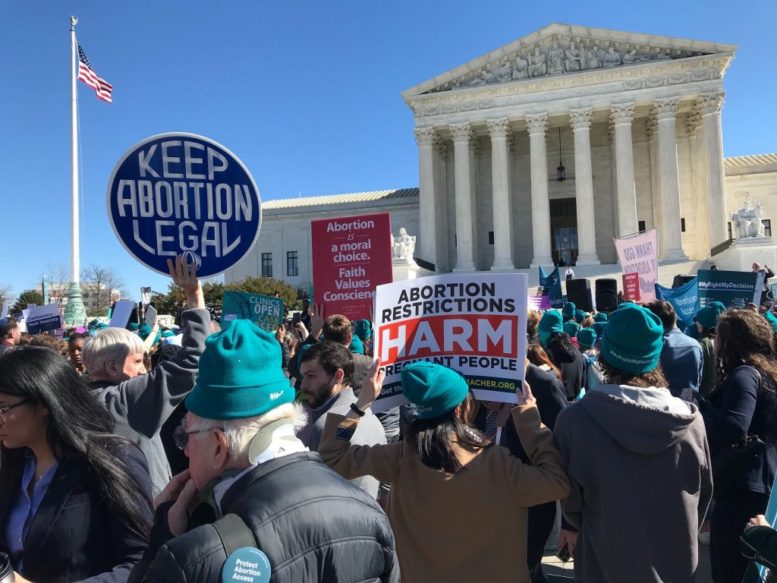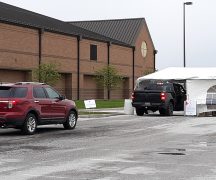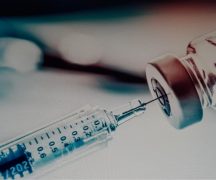BY SUSAN TEBBEN
A bill involving resuscitation of infants after birth with an attachment targeting abortion providers is being criticized for the impact some say it would have on complicated but wanted pregnancies rather than on abortions.
Senate Bill 157, a bill labeled as a measure to track and prevent potential medical malpractice in what bill sponsors call “botched abortions,” had its second hearing in House Families, Aging & Human Services Committee on Thursday. (State Sen. Theresa Gavarone, R-Bowling Green, is a co-sponsor of the bill.)
But bill opponents argue the regulations that would be required under the bill would make physicians question what to do in tragic situations where planned or wanted pregnancies go wrong.
Dr. Erika Boothman, an OB/GYN in Columbus, told the story of a patient she had whose water broke when the baby was “pre-viable,” according to Boothman, meaning “there is no chance of successful resuscitation of the baby if she were to deliver.”
The patient was offered labor induction to avoid possible infection and have delivery in a controlled setting. Boothman explained that “comfort measures and medications” could be offered for the baby, but resuscitation efforts would not only be futile but take the baby away from the parents after birth.
“(The patient) found comfort and the possibility of closure with the opportunity to hold her baby right after the birth, to be with her baby while she passed away,” Boothman said.
Resuscitation isn’t possible in a fetus younger than 20 weeks gestation, so she said the bill “addresses a non-existent problem.” READ MORE
COVID-19 infection, hospitalization rates worsen as winter looms
The coronavirus continued a five-week surge in Ohio on Thursday, with state data showing worsening infection and hospitalization rates.
While time lag and a Thanksgiving holiday cloud the latest data, an average of about 5,000 Ohioans per day contracted COVID-19 at the end of November, compared to about 3,600 per daily at the beginning of the month, according to an analysis of state health department data.
Of any 100 tests taken over the last week, more than 15 on average are coming back positive — a nearly peak level of test positivity.
Hospitalization data reflects the case increase. About 190 Ohioans were hospitalized per day in late November, compared to about 145 at the beginning of the month. More than 3,900 state residents are currently hospitalized with COVID-19, according to data from the Ohio Hospital Association, the highest rate since early January.
Hospitalization rates are up for every age cohort besides those 0-19 years old.
Speaking to reporters Thursday, Ohio Department of Health Director Dr. Bruce Vanderhoff emphasized the best way to ease the hospital burden is to seek vaccination — vaccinated people comprise less than 6% of those hospitalized with COVID-19. Short staffed and fatigued hospital systems, he said, need the support.
“The problem right now isn’t necessarily physical beds and physical capacity, but staff,” he said. READ MORE
Cranley calls for lottery commission oversight of sports betting
BY NICK EVANS
Democratic gubernatorial hopeful John Cranley is calling on state lawmakers to abandon a sports betting measure that has already passed the Senate, and instead establish sports gaming under the Ohio Lottery Commission’s existing authority. Cranley argues that approach would avoid a lengthy court battle and make more funding available for public schools.
The Cincinnati mayor has promised, if elected governor, he’ll appoint Lottery Commission members who would use their position to provide sports betting in Ohio. Under SB 176, which passed the Senate in June, the state Casino Control Commission would oversee sports betting instead of the Lottery Commission.
The debate over which commission should control sports gambling has long been a sticking point for lawmakers trying to legalize betting. The lottery is constitutionally obligated to send its proceeds to public education exclusively, while SB 176 would divide the proceeds from its 10% tax on gaming receipts between public and non-public schools.
“The Constitution says if you do it through the Lottery Commission, every dollar must go to public education,” Cranley said. “This bill is fuzzy about that and says, essentially, we’ll figure out what to do with the money later we’ll do public, private, we’ll do vouchers, all kinds of things that could undermine public education.”
Earlier this year House lawmakers rejected a bid by the Senate to tack the gambling provisions onto an unrelated bill for veteran’s ID cards. But now House leaders suggest they may have reached a compromise. READ MORE





